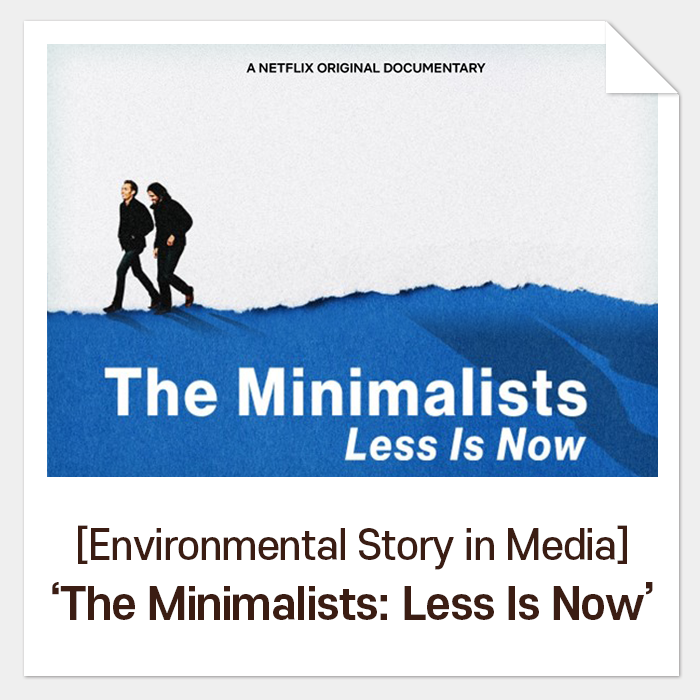[Special Article] Everything About Plastic and Our Choice For Tomorrow 3. World’s Movement to be Plastic-free_2 (Asia, Africa, and the Middle East)
In general, we think that the environmental concern and movement start from advanced countries. The major issue of plastic waste these days is also considered the same. It sounds reasonable considering how these countries can afford financial support for proper waste treatment systems and for establishing the resource circulation system. They also provide education and campaigns to enhance community awareness for a sustainable society.
However, the consequence of environmental
pollution is not limited to a certain area in the world and it is brought up as
a global issue to be solved. This urgently led other countries to involve more actively.
Asia
Ever since China stopped the import of plastic
waste in 2018, many other countries in the continent started their war against plastics, too. After losing a giant waste dump, advanced countries looked
for areas to toss theirs and the amount of much more than one could handle. In
the end, countries such as Malaysia, the Philippines, and Cambodia said no more to
the imported plastic waste from outside just like China.
Africa
In fact, Africa has been implementing stringent
plastic-free regulations as much as Europe and the Americas. According to the report
of UNEP, 34 countries out of 54 in Africa have already started the regulation
or ban the use of plastic bags as of 2018. This figure even outnumbered 29
countries in Europe.
Oceania
Australia and New Zealand apply different
timing and strategies to phase out plastics in each state. Australian government
especially suggested definite regulations and standards for ‘(oxo)biodegradable’
or ‘(industrial) compostable’ products. Considering there are no sufficient waste
treatment facilities in the country, the government decided to exclude such
products from the category of environment-friendly products and ban their use.
Middle east
While most of the industries in the Middle
East is developed based on petroleum, countries also began their environmental
movements against plastics. Interestingly, they rather recommend a complete ban
on the products or the use of oxo-degradable plastics due to their regional condition,
hot and dry deserts, rather than recyclable or biodegradable products by
microbes.
One Earth! It’s everyone’s responsibility to protect it.
Among the countries introduced today, we
could notice that there are a few counties that started the environmental movements
even much faster than the ones in the western region. Unfortunately, however, not
many of them have drawn out meaningful social and environmental changes yet.
It is certainly challenging for these
countries to pursue and support general industrial changes due to financial difficulties,
lack of waste management systems, and low participation from citizens. For example,
South Africa announced that it would not sign the global treaty to resolve the plastic
pollution issue on June 21st and has been getting a lot of criticism
from environmental organizations since then. Yet, we also need to understand
that it is difficult for them to give up the benefits of the plastic waste
trade.
Each country and area have different awareness,
environment, and conditions, but it is important to remember that we share one Earth.
The environmental issues cannot be resolved by some countries’ efforts, but should
be supported by collective cooperation and collaboration in waste treatment and management systems from everyone in the world. In the end, it is not ‘when an environmental
movement starts’ that is important, but ‘how they are developed with practical and
detailed measures’.
Moreover, there should be an
internationally accepted standard for environment-friendly products. As the global
need for such products is growing due to the plastic-free movement, many
industries have been working on the research and development for materials. Each
of them proudly says that they are recyclable and compostable with plausible
logos and statements. However, many are considered to be greenwashing products as their environment-friendly properties
have not been proven by objective and reliable test data. In order not to make
everyone’s effort in vain, shouldn’t we have more definite and practical
standards for environmentally friendly products and look for ways to cooperate
among the global societies?








Comments
Post a Comment